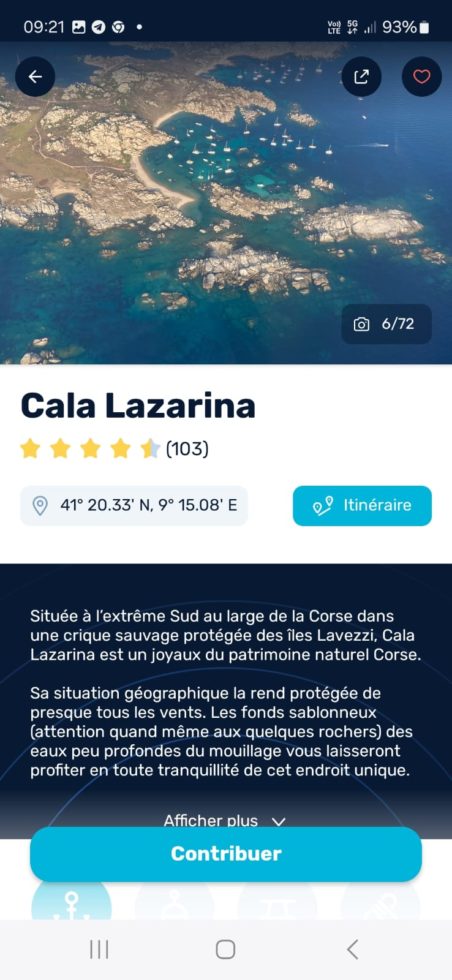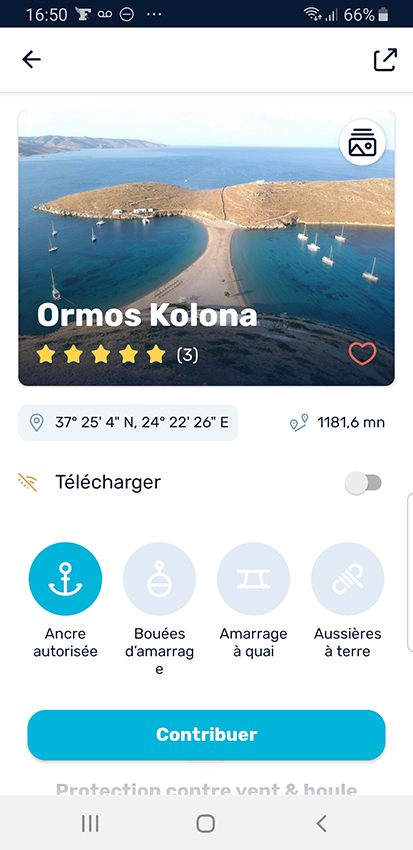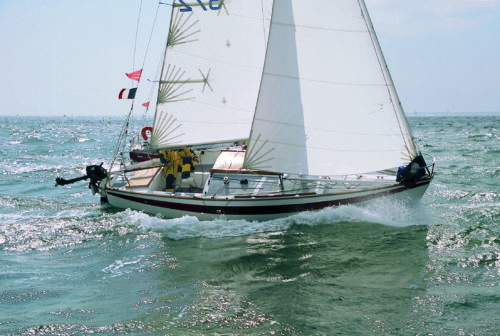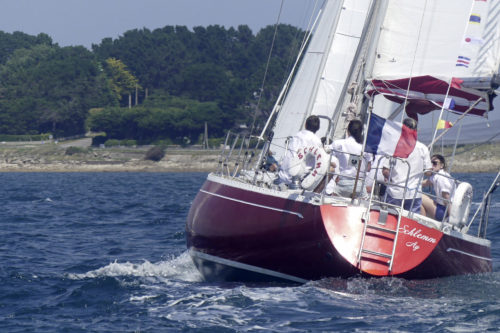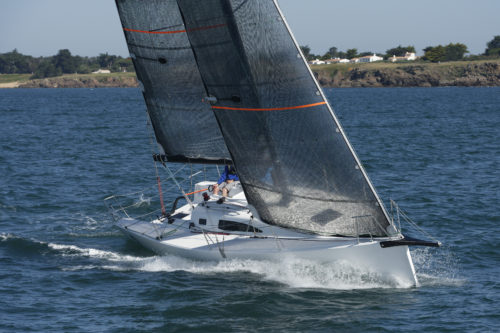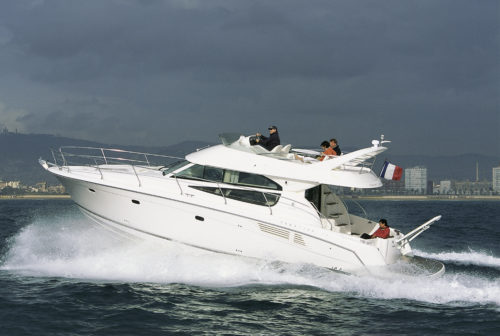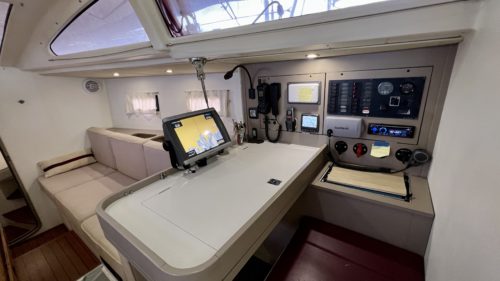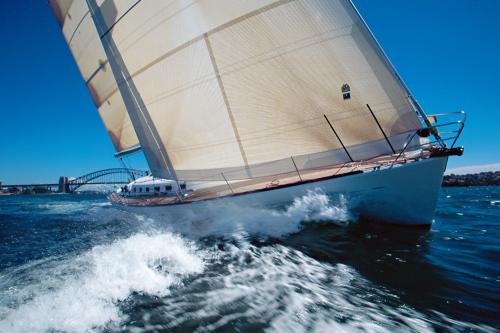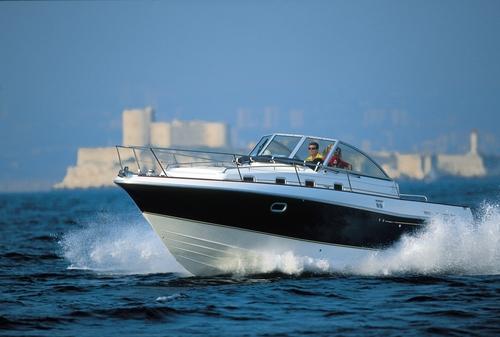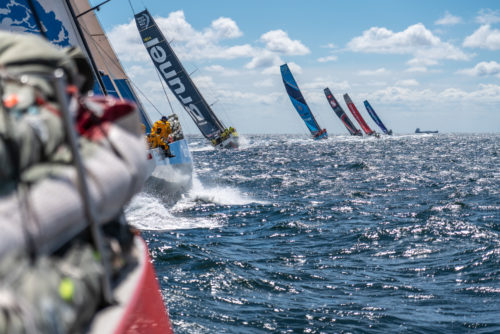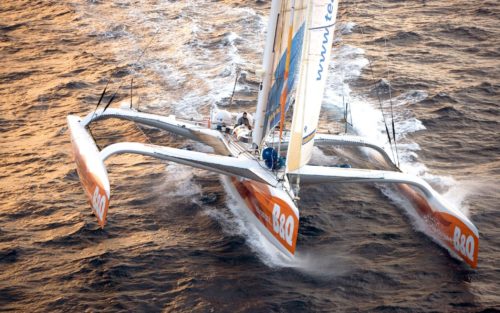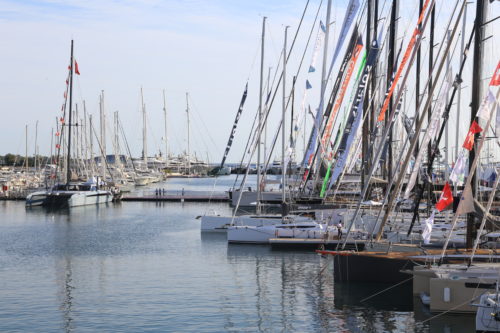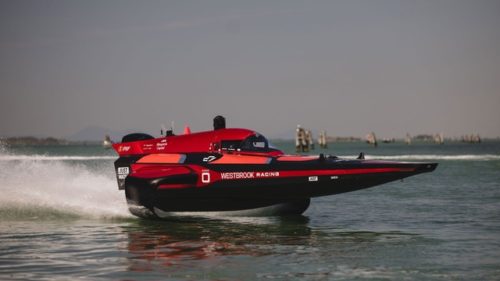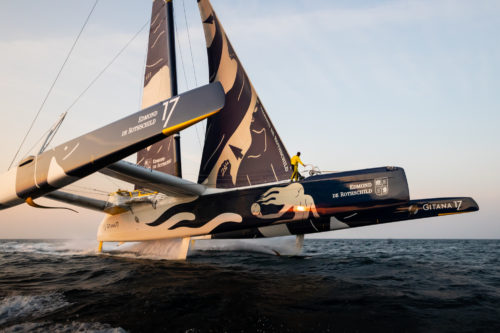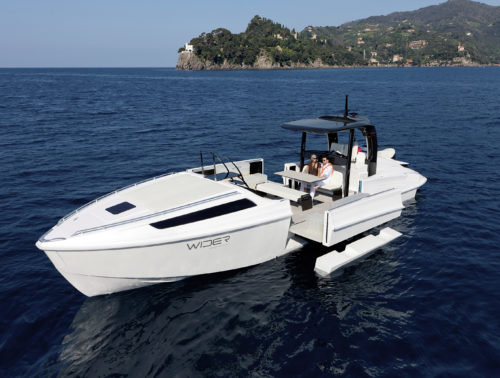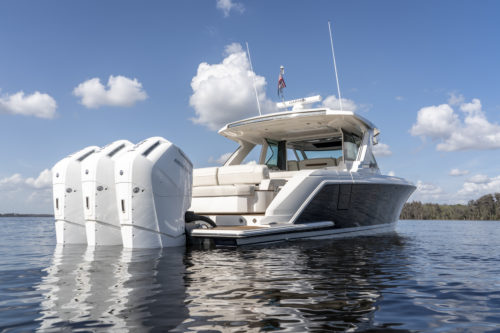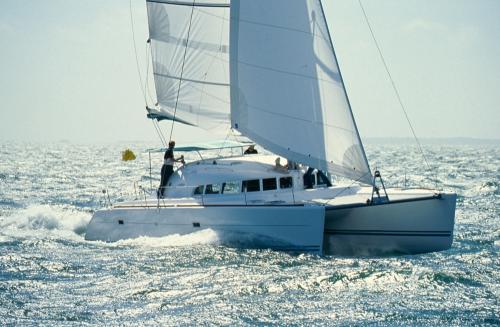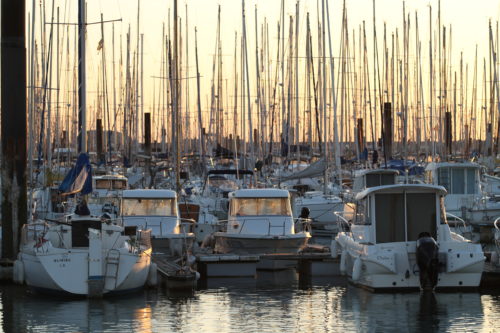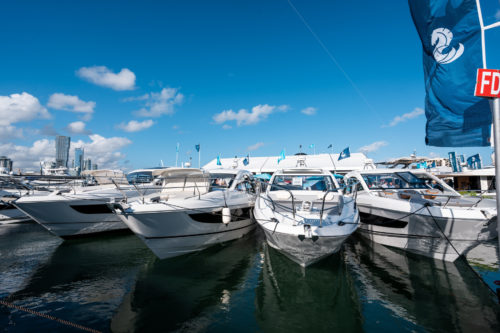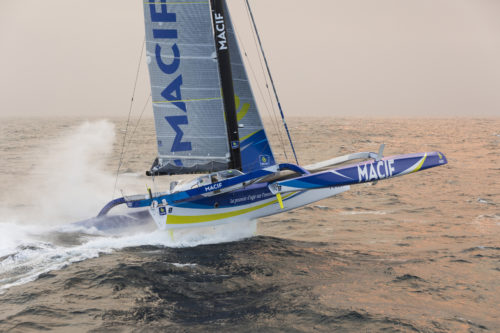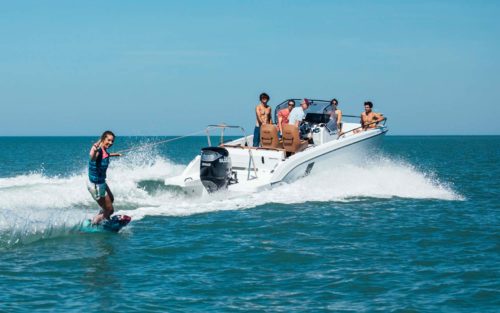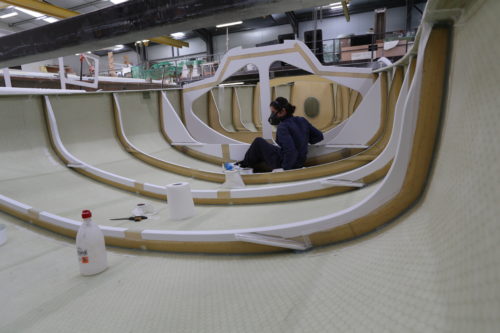Recreational boating in collaborative mode
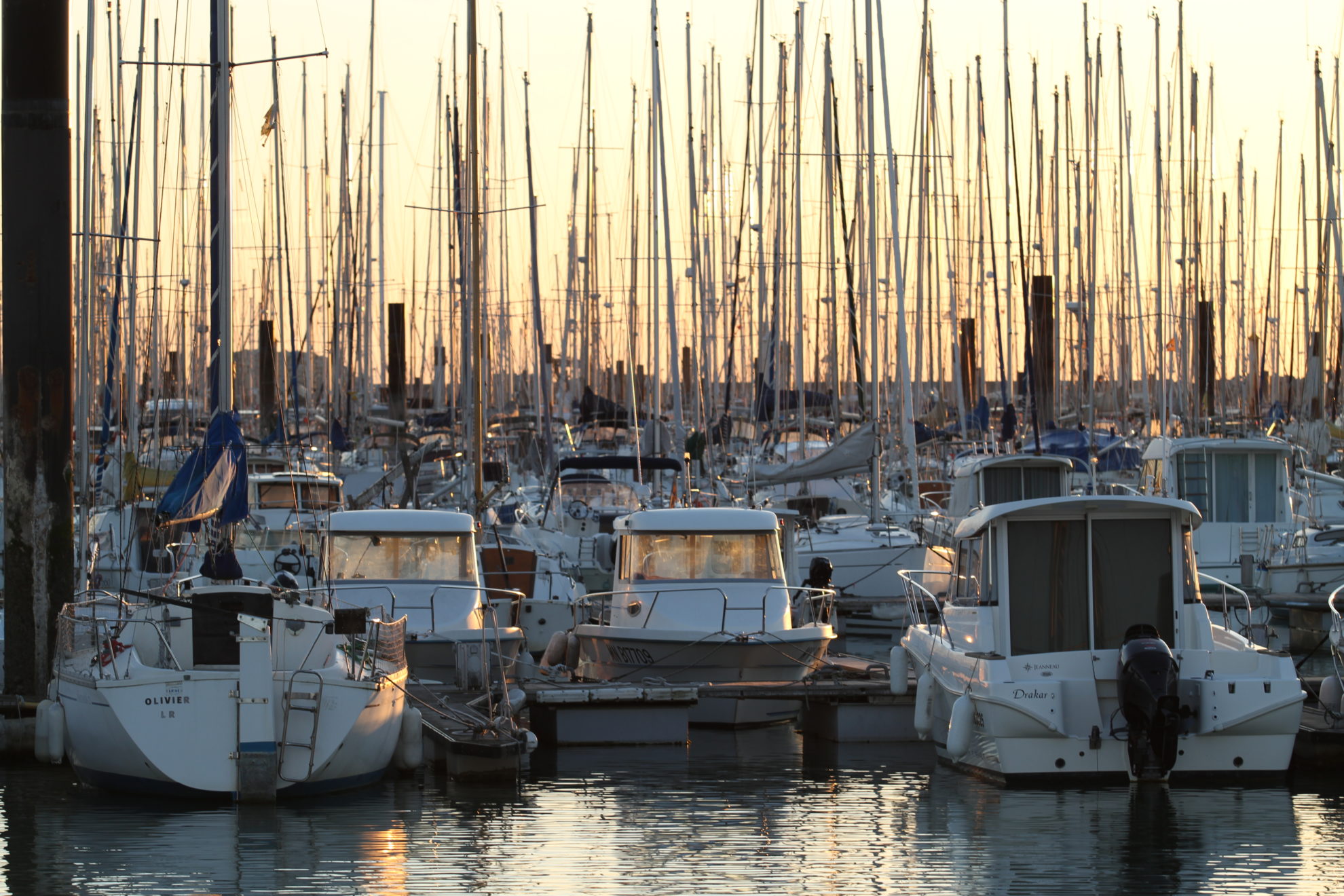
It all started with forums. 2000 saw the launch of Hisse et Ho, which is still one of the most influential today, with 20,000 sailors connected, and some even logging in daily. Since those early days, this bustling Harbor Tavern has been alive with more or less turbulent and more or less rigorous technical discussions, covering a vast range of subjects: like a goldmine of information for passing sailors. And one that often encourages visitors to sign up, so they can tap into this bounty… and perhaps, in turn, contribute by sharing their own experiences and expertise. These forums have become more professional over time and have made welcome progress in terms of moderation. They have evolved into communities whose members are generally deeply attached to them, which no doubt explains their resilience faced with the social media tidal wave… Social networks offer a more open nautical agora, generally with less moderation and all the excesses and pitfalls of exchanges conducted under the cover of digital anonymity. So, the best and the worst! But forums were only the infancy of collaborative boating, which, some 20 years later, is still struggling to fully bloom. In many cases, the original idea is good, even beyond doubt, it is the form that is still struggling to convince. An example? Boat clubs.
The concept is simple common sense: rather than filling marinas with boats that sail just one week a year, why not share boats and pool them through structures that manage their maintenance and sailing schedules. Perfect! However, while boat clubs are well developed in the United States, they have struggled to take off in France. Because French sailors, more attached to their boats, might be unable to move beyond the idea of direct ownership? Maybe. Maybe also because we have not yet found the right model, because after all, the concept of co-ownership is hardly new. And maybe now we are starting to get closer to the right model, with a more private form of boat sharing, as offered for instance by the startup Liberty Pass. In this case, sharing is limited to four or five sailors, with a reasonably priced annual subscription, organized through a professional that manages their maintenance and concierge services. This is a clever idea, because trust is much easier to establish within a small, closed circle like this, and because the system can leverage the regional networks of dealerships, wintering yards and ship chandlers, who are all looking for ways to diversify their activities and income. This perfectly illustrates an old business principle: it is not enough to just have a good idea, you also need to find the right model that hits the mark! More often than not, this is just a matter of time and investment. One unmistakable sign: the Bénéteau Group’s launch of a kind of in-house startup dedicated to these next-generation solutions and connected boat clubs in particular (Wiziboat). This launch comes at a time when the landscape is becoming clearer, and when the solutions are beginning to take shape, both technically and economically. Proof that the major Vendée-based group has a clear-eyed view of an industry facing certain technical, economic, and ecological limits. Technical: the French marina network is reaching saturation point, and we will not be getting many more berths in the coming years. Economic: boating has enjoyed years of strong growth as an equipment-driven industry. But once everyone who could be equipped – everyone who could buy a boat – has done so, we have moved into a renewal industry. And even with vigorous efforts to boost the market through innovation, the prospects for growth are no longer what they once were. Lastly, ecological limits: in boating as elsewhere, around the turn of the millennium, builders and sailors alike woke up to the fact that we live in a finite world. The linear production-consumption-waste model has run its course, and something new needs to be invented…
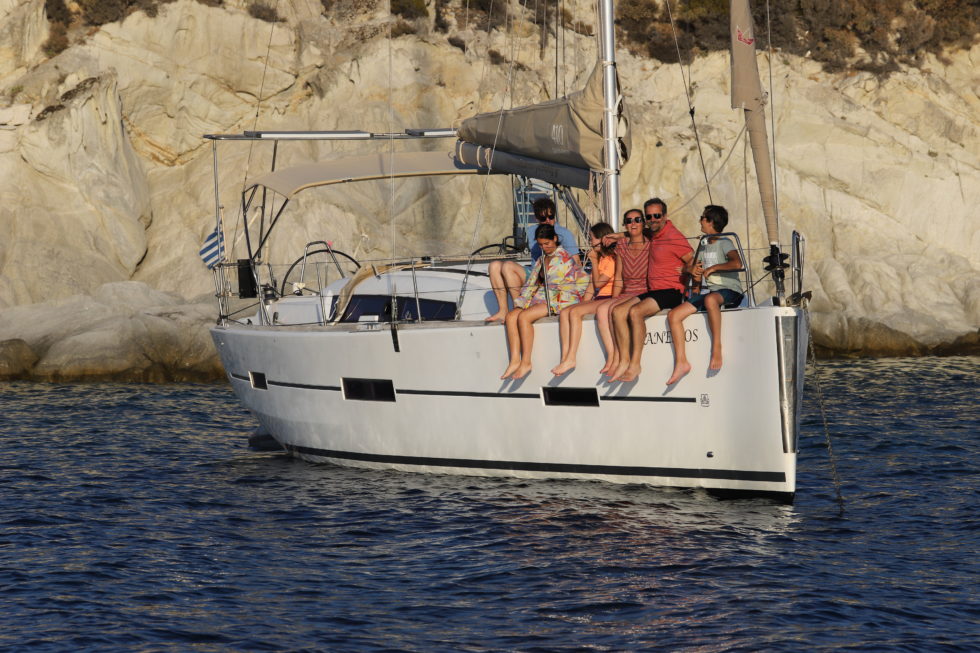
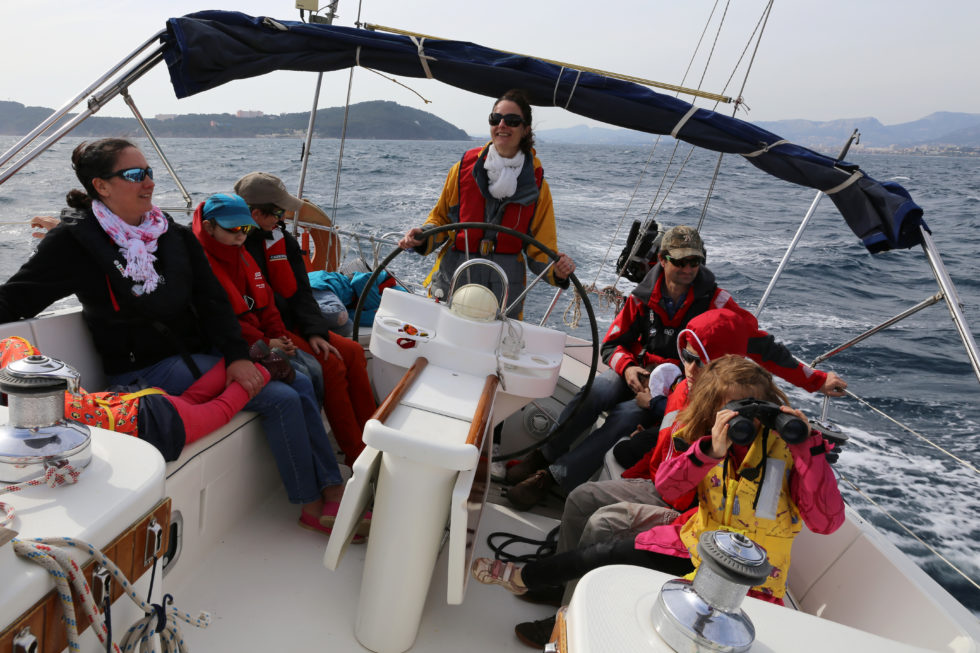
In terms of services, things can move much more quickly, as shown by the remarkable success of an intelligent collaborative tool: Navily. Launched in June 2014 as a community tool aimed at supplementing nautical instructions with shared, up-to-date information on marinas and anchorages, it has developed over the years and expanded its business model around three revenue streams: partner marinas, which can use it as a booking tool, paying users, and advertising. Advertising? Of course: 1,100,000 sailors have opened an account on Navily, with 70% based in countries other than France, and 400,000 are active users: the figures speak for themselves. And the Navily app, which has been profitable since 2023, now documents 15,000 marinas and 24,000 anchorages around the world. A success that illustrates the potential of new technologies and participatory models, as well as the need for entrepreneurs from this sector to innovate, to go beyond simply creating an online version of an existing service. The case of peer-to-peer rental is interesting: despite the success of platforms like Click&Boat and SamBoat in terms of business volumes, these rental startups have had to expand into professional rentals to secure their revenues, as an activity based solely on private rentals was too seasonal to be profitable and sustainable. The same is true for VogAvecMoi, the major boat-sharing platform, which had to secure the legal framework around its activities, as some skipper-owners occasionally came close to breaking the law by turning their shared cruises into commercial operations. Such abuses have always existed, but in this case, they could expose the platform itself to liability. In the end, the platform’s managers took the steps needed to put the right framework in place, and they have been able to find their positioning. As with hotels and car rentals, collaborative activities must embrace a certain degree of professionalization, which must stay within legal (skipper certifications, legal liability) and tax boundaries.
Whatever the case, the collaborative dynamic has firmly taken hold in the boating world, as elsewhere. It goes hand in hand with the digitalization of leisure activities, but it is not limited to these new tools: the true revolution in this specific case is collaborative, and not just digital. The big question concerns the positioning of these new models: are they competitors or useful supplements to support traditional boating activities? Today, major builders understand that they must not leave this new collaborative world to the startups, as seen with the Bénéteau Group’s Wiziboat brand, as mentioned earlier. But if boat-sharing were to really develop on a large scale, could the yards producing large series cope with the resulting drop in volumes? If the Bénéteau Group is taking this risk, it is no doubt because the stakes go beyond this simple concept of volumes: above all, the aim is to encourage people to adopt new ways of spending time on the water, to reach new client segments, and to reverse the aging trend among recreational boat users. In other words, to reignite a vibrant, dynamic boating community, driven by new enthusiasts!
